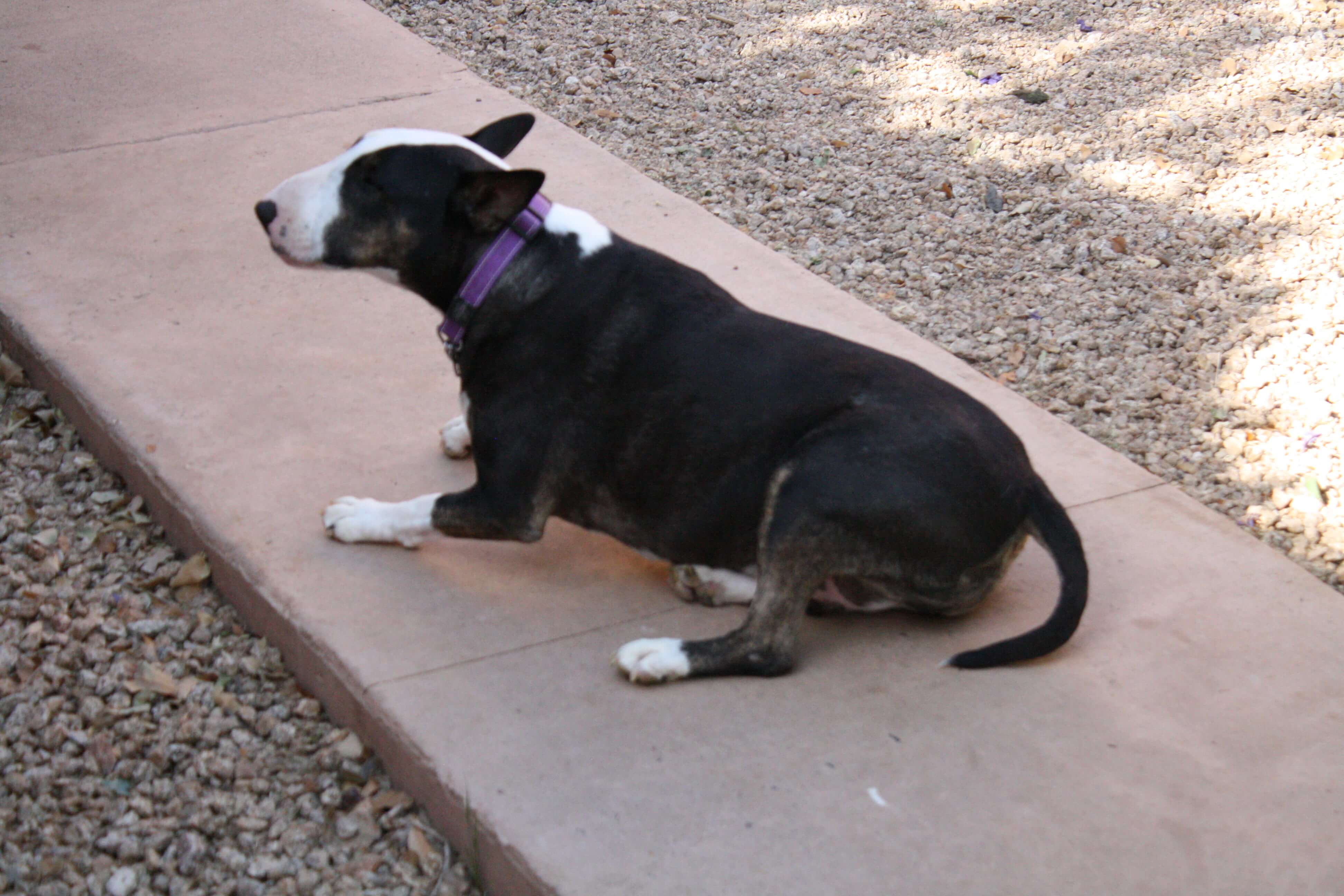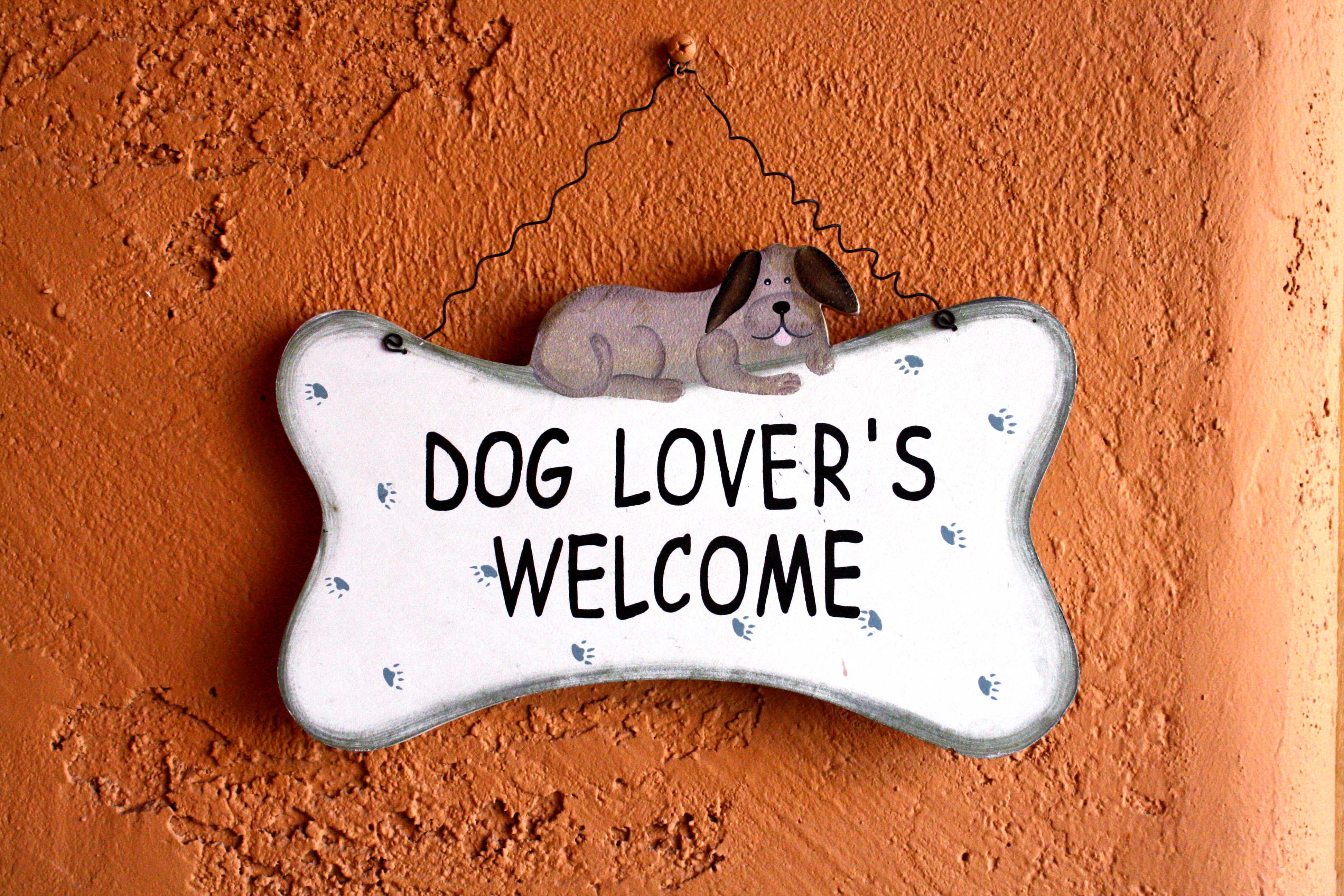Is Dog Health Insurance Worth It?
As humans, we all carry health insurance as a means of protecting ourselves against exorbitant healthcare costs for both general well-being and in the event of a health emergency. Without healthcare coverage, a simple trip to the doctor can be quite pricey. And, should a medical procedure be needed, or special medical treatment of any kind, the cost without healthcare can be bank-breaking for many people. It may seem like a no-brainer when it comes to our own health but dogs have healthcare-related expenses as well. Many pet owners may not realize just how much may be spent on veterinary related expenses to care for their pet in a lifetime and, as Angies List notes, it is a lot – “Veterinary care is the fastest growing pet expense. Pet owners spent more than $12 billion on vet care in 2009, up 20 percent from 2007, according to the American Pet Products Association.” Because of this, many pet owners opt to protect their dogs and themselves by investing in pet health insurance. For some dogs, it can literally save thousands of dollars in long-term healthcare-related charges but for other dogs that are generally healthy, it can seem like wasted money. So, is dog health insurance really worth it?
Whether you are a new pet owner or an experienced pet owner, determining whether or not to invest in dog health insurance can be a difficult decision. And, every dog and their health is different. To help inform the decision, NBC News took a closer look at potential expenses that dog owners may encounter and compared it to the cost of pet insurance, ““It’s common to pay $300 a year or more for pet insurance. Over the life of a dog or cat that might be $5,000 or more. Most people are not going to have a big expense like that,” he says.For its August issue, Consumer Reports compared the cost vs. payout of nine pet policies for Roxy, a healthy 10-year-old beagle who lives near the magazine’s office in Yonkers, N.Y. Roxy’s lifetime vet bills have totaled $7,026 (in current dollars). In every case, the total premiums that would have been paid to those insurance companies were higher than Roxy’s medical bills.When the editors gave Roxy a few hypothetical medical problems to boost her vet bills to $12,685, five of the nine policies would have paid out more than they cost. A Seattle company called Trupaniondid the best in this scenario.“Our conclusion is that for a generally healthy animal this insurance is probably not worth the cost,” says senior editor Tobie Stanger…Tiffany Schumacher of Redmond, Wash., has a Trupanion policy. She pays $55 a month to cover Klover, her 1-year old Burnese Mountain Dog. (Tiffany chose to pay more to have a zero deductible.) She says the insurance means she doesn’t have to worry about getting Klover the best medical care. “You never know what they’re going to do,” Tiffany says. “You don’t think your dog is going to eat tennis balls.”But that’s just what Klover did last year. She ate a bunch of tennis balls. The surgery to remove them cost $2,700. Trupanion paid $2,332 (90 percent of the covered costs). Recently, Klover had emergency surgery for other intestinal and stomach problems. The bill was $6,980. Tiffany’s out of pocket expenses were just $1,050…If you decide to buy, shop around.Pet insurance policies vary greatly from company to company. The only way to know what you’re buying is to get a copy of the policy and see what’s covered – and more importantly, what’ not.“Look very carefully at the fine print so that you’re not surprised when you file a claim and find that it’s denied,” advises Consumer Reports editor Tobie Stanger.” Ultimatley, it is up to you to determine whether or not it is better to protect yourselves with a savings cushion in place for your dog’s medical bills or with insurance to cover costs and that will likely be determined by your financial security, type of dog and any health potential health concerns you anticipate your dog experiencing.










Recent Comments